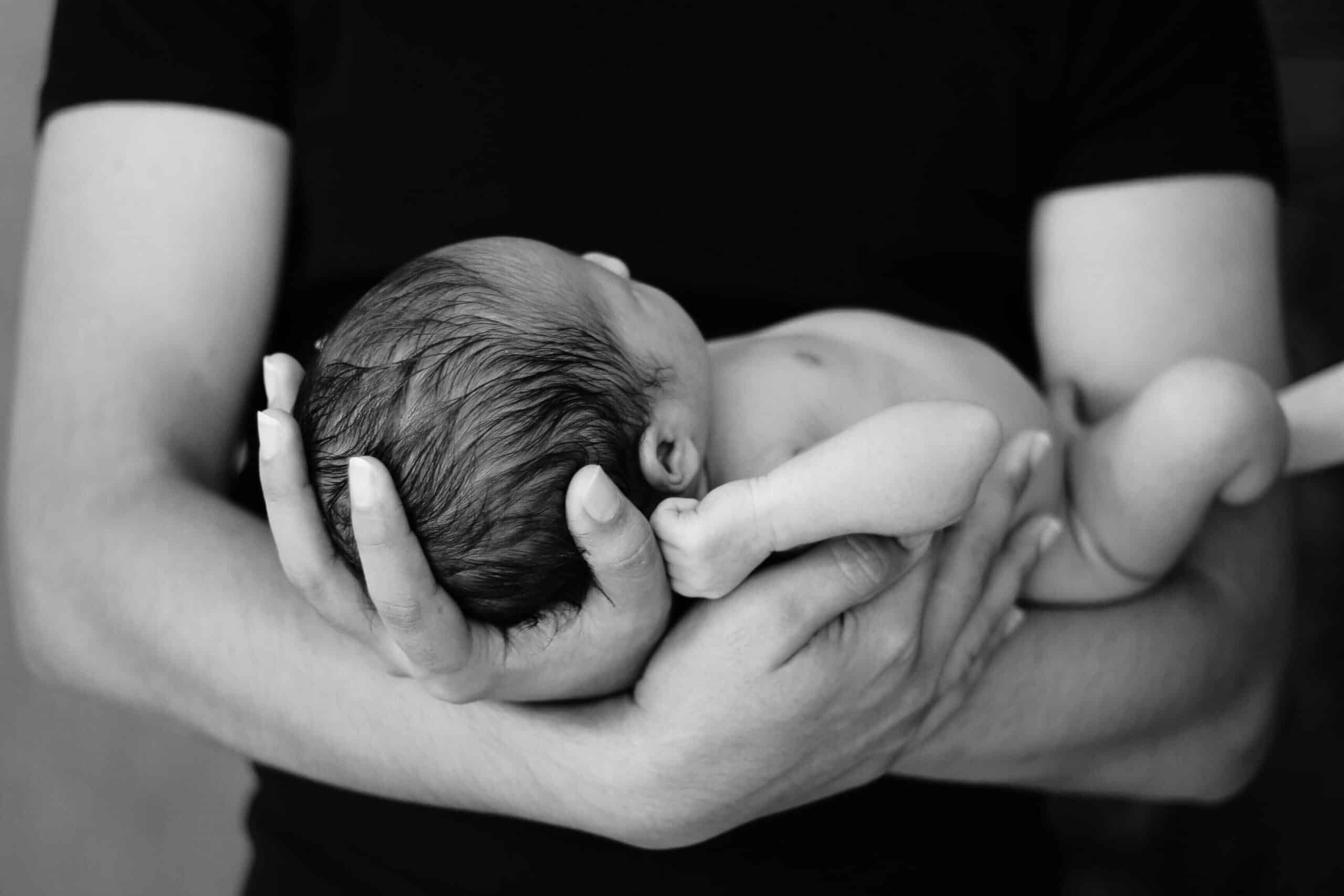THE permanent closure of birthing units at Newport’s Royal Gwent and Abergavenny’s Nevill Hall hospitals has been agreed by health chiefs.
The units were closed on a temporary basis in May 2022 as more and more women were choosing to give birth at the Grange in Cwmbran instead and concentrating on the new hospital will help the NHS in Gwent deal with a shortage of midwives.
The Aneurin Bevan University Health Board had been some 20 full-time midwives below what it required but its director of nursing, Jennifer Winslade, told the board’s September meeting that has now reduced to around 10 full-time equivalent roles. The board has agreed to continue to offer enhanced pay to attract midwives but Ms Winslade said that would require further work.
She said there is no “positive or negative financial impact” from the changes as four midwives will now work in community roles instead of at the closed units which she said means “we can provide better care for women and more choice and discharge more swiftly from the Grange”. But Ms Winslade said the four roles would “not put us in a position where this service can be safely staffed. We have staffing gaps that are much bigger than four whole time equivalent (posts). The issue we have is there simply aren’t enough midwives in the UK, all of the health boards (in England) are struggling with midwifery recruitment.”
Despite this the chief nurse said the board has had a “success” in recruiting from Bristol and surrounding areas and attracting students, but said: “We’ve had a bit of an influx but not in the numbers we’d hoped for.” The board has also told the Royal College of Midwives Wales during the 18 months since the temporary closure it has seen “improved satisfaction for midwives in work, and improved continuity of care”.
The units in Newport and Abergavenny had been led by midwives as is the unit at Ystrad Mynach’s Ysbyty Ystrad Fawr which moved from a 24 hour operation to only opening after 5pm as part of the arrangements introduced last year. Women will also still be able to choose a home birth while the freestanding midwife unit Ysbyty Aneurin Bevan in Ebbw Vale remains open.
The health board has stressed evidence shows that midwife-led settings are safe, and Welsh policy aims for 45 per cent of pregnant women to give birth in them, but locally expectant mums have been opting to give birth at the midwife-led unit that sits alongside the full obstetric unit, staffed with consultants and midwives, at the Grange since the super hospital officially opened in November 2020. The closures were described as “step one” of potential changes to maternity services which will continue to be reviewed as the board looks at how it should deliver services over the longer term.
Its chief operating officer Leanne Watkins said midwives also need to offer support in the community due to issues such as an increase in digestible diabetes while cesarean births have increased from 26 per cent before Covid to 40 per cent since. In response to ongoing challenges in recruiting midwives the board commissioned an independent review which suggested four options.
Those were going back to the system in place before May last year; a “hybrid” model that still closed the Newport and Abergavenny units but offered extended services at Ysbty Ystrad Fawr; a “more radical long-term” plan based around existing services at the Grange supported by community services and home birth options; or making the temporary arrangements permanent.
Going back to previous model and the “hybrid” model were dismissed as the board said staffing and funding them on a “consistent basis would be challenging” and hard to justify due to the increasing trend for women to choose the Grange which has en-suite rooms. The “radical” plan to centre services on the Grange was also ruled out as it was considered “too restrictive in respect of future birthing options”.
The report to the board said using the Grange, supported by Ysbyt Ystrad Fawr, is “the best balance between local accessibility and service safety/sustainability, maintaining all birth options around Gwent and surrounding areas and minimising the incidence of additional travelling requirements.”
Figures show births at the Royal Gwent dropped from 85 in 2019 to 24 in 2021 – the last year its birthing unit was fully open – and at Nevill Hall they fell, over the same period, from 47 to 20 births. In 2021, the Grange’s first full year of operation, it saw 840 births and they increased to 931 last year.
Patient watchdog Llais endorsed the conclusions without further representation. Board chair Ann Lloyd said a report so it could evaluate the effectiveness of the changes should come back to it in six months.
Consultation Facts
The health board ran a 12-week consultation on making the changes permanent which had more than 2,300 interactions on social media and 249 responses to an online survey with 79 adding additional comments.
Of those responding 76 said they would wish to give birth at the Grange’s obstetric unit, 62 at the Grange’s birthing unit that is beside the obstetric unit and just 12 said they’d chose Ysbyty Ystrad Fawr and 13 the Royal Gwent, though 34 expressed a preference for Nevill Hall.
The number who said they would prefer to travel to the Grangerather than give birth closer to home, 105, was exactly the same as the number who answered “no”, while 38 replied “maybe”.
Attendance at six in-person drop-in events was described as “very disappointing, with little or no interest” but the report to the board said it was recognised the women it was aimed at, mainly those aged 16 to 40, “would very likely” prefer on-line communication and further online meetings were arranged. The key concern from the consultation was about needing to travel to the Grange if women lived some distance from it.
Photo Credit- Envato Elements Licence

